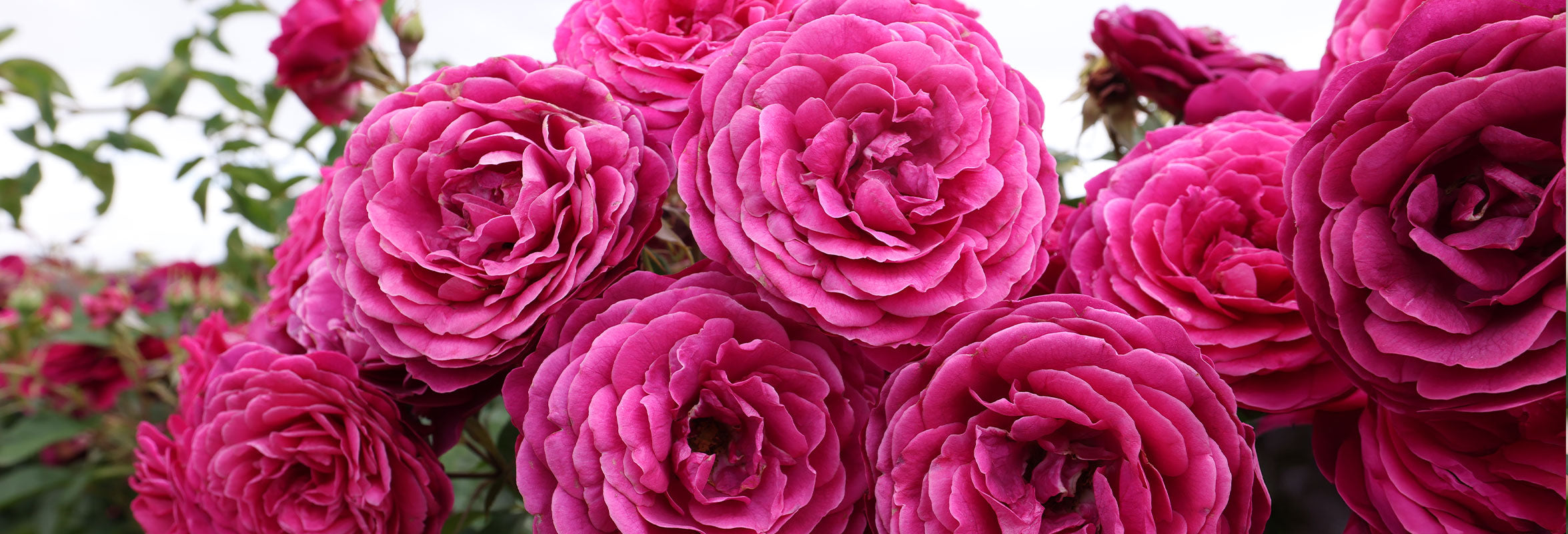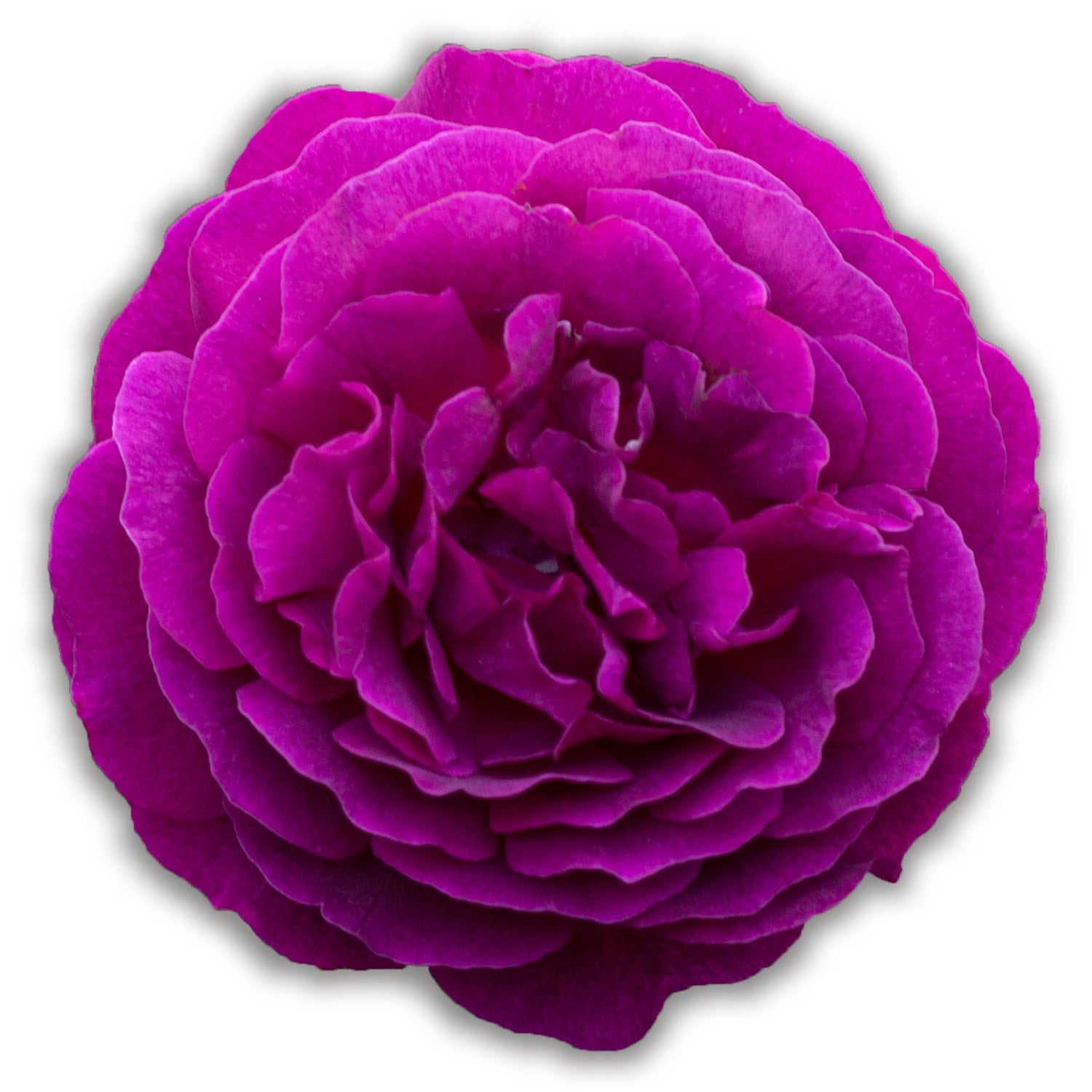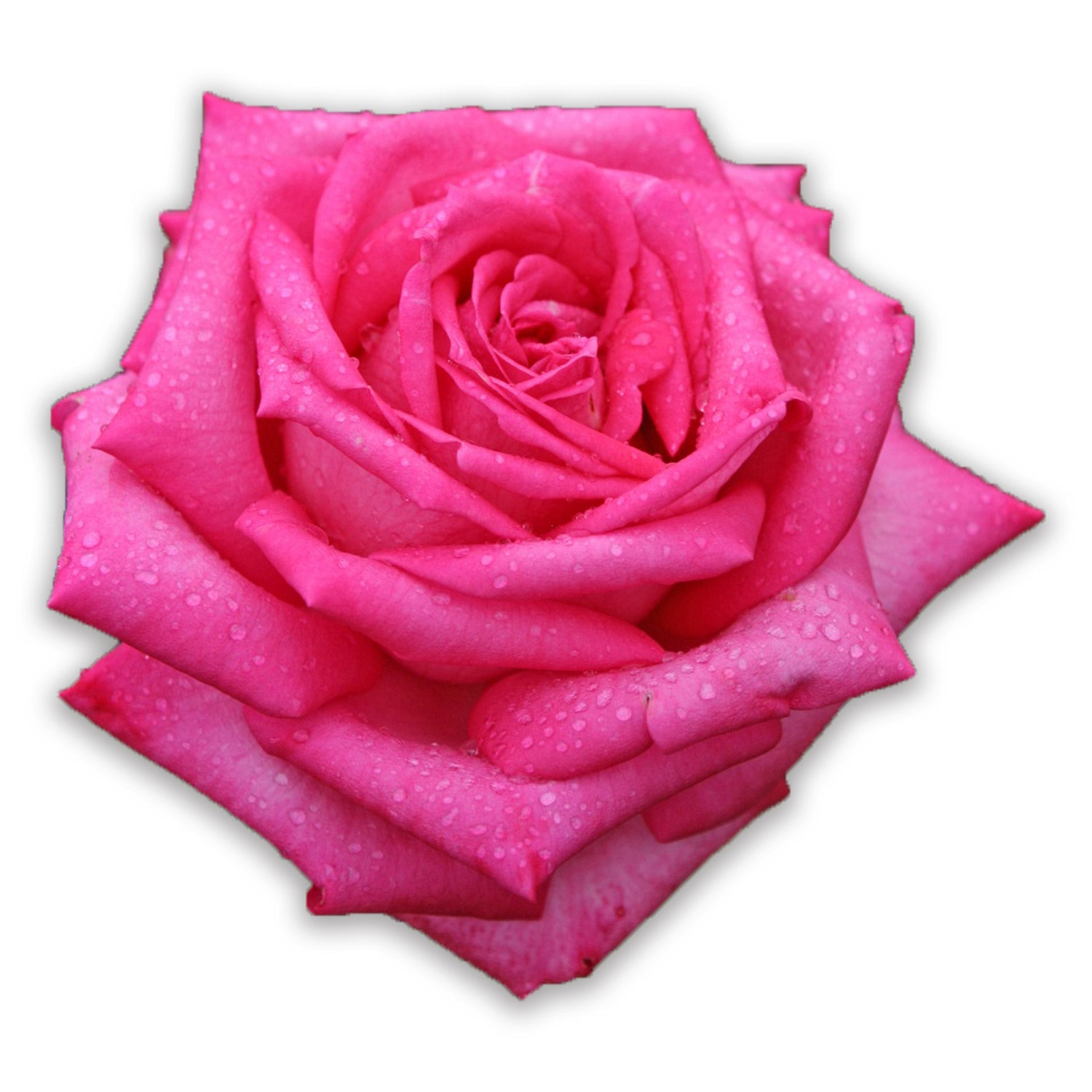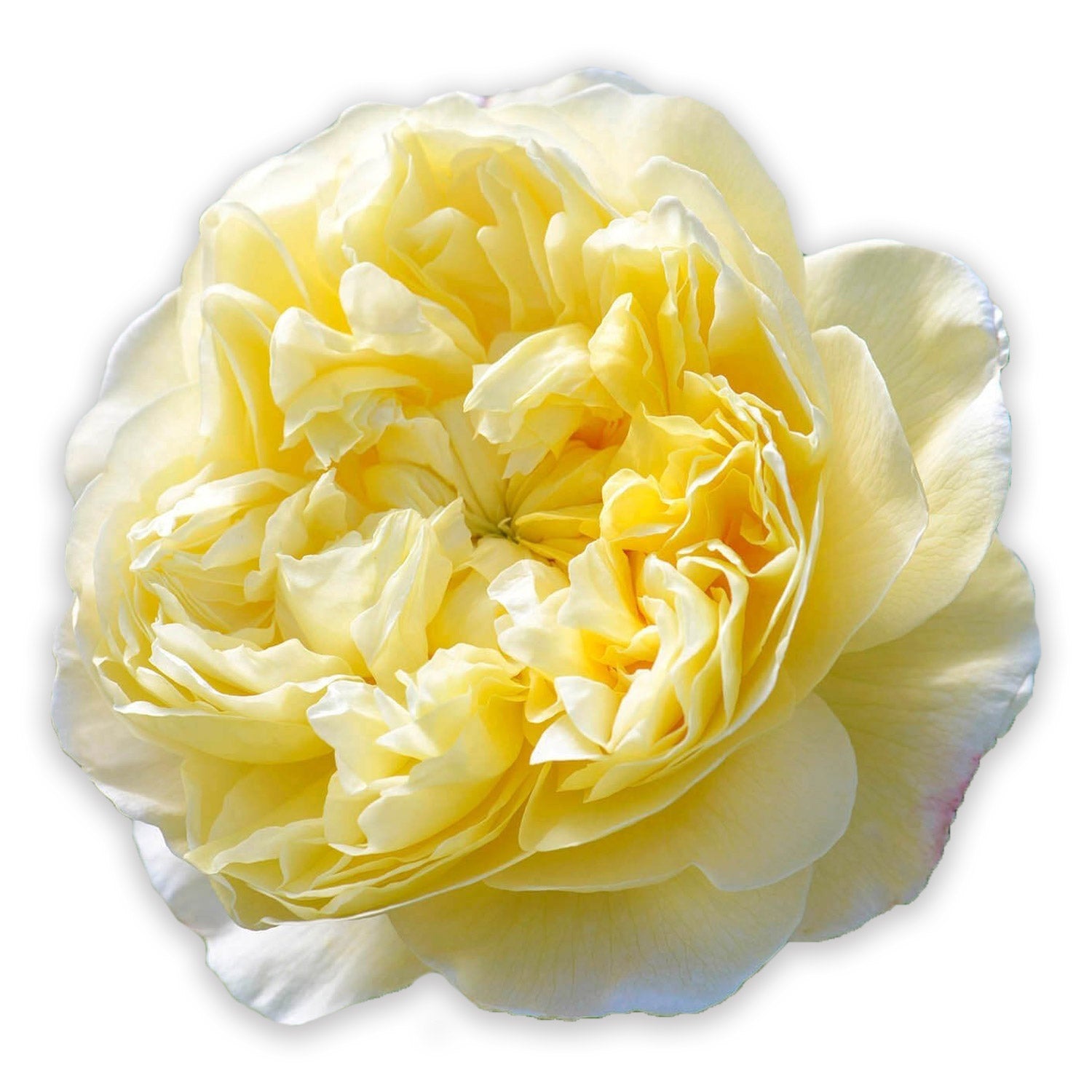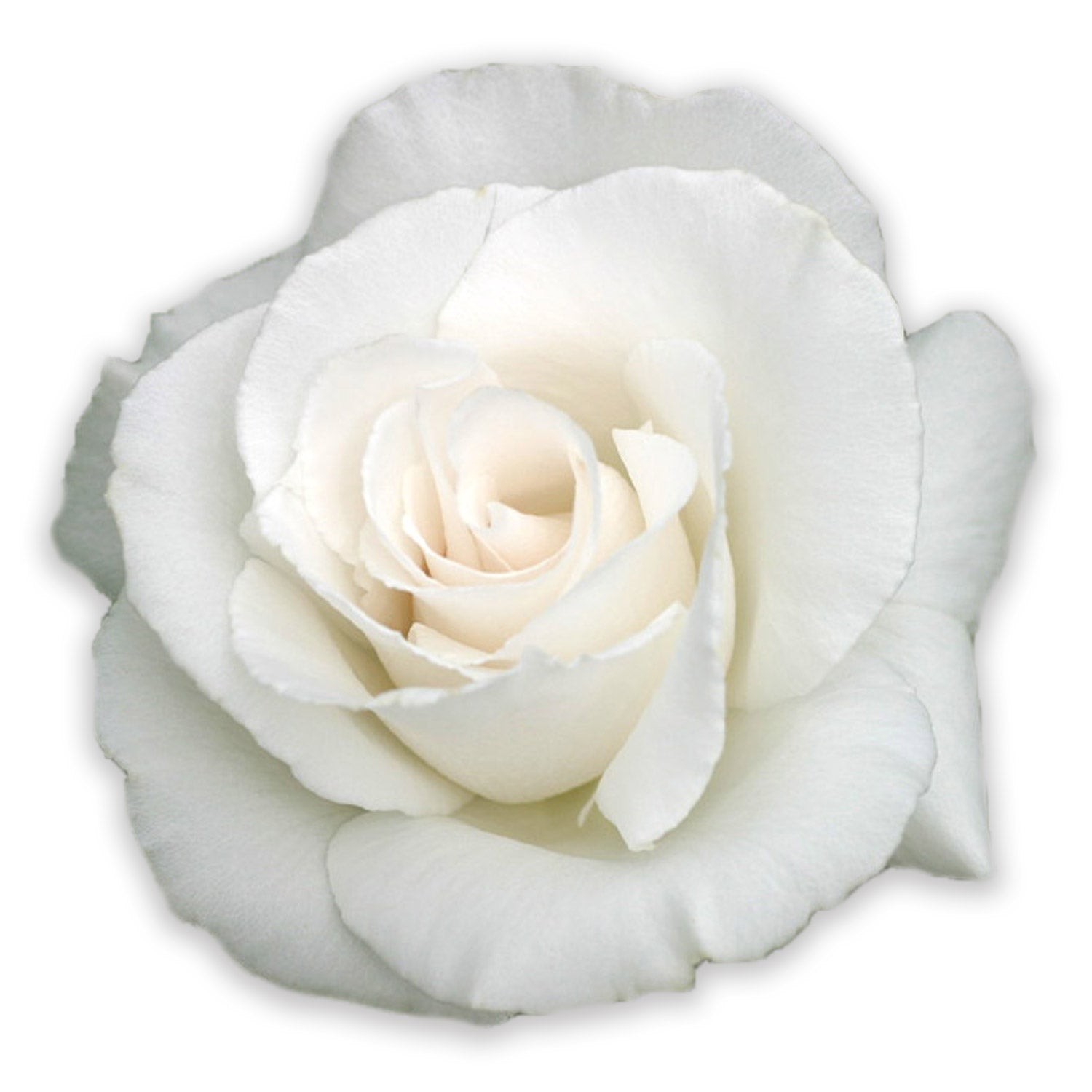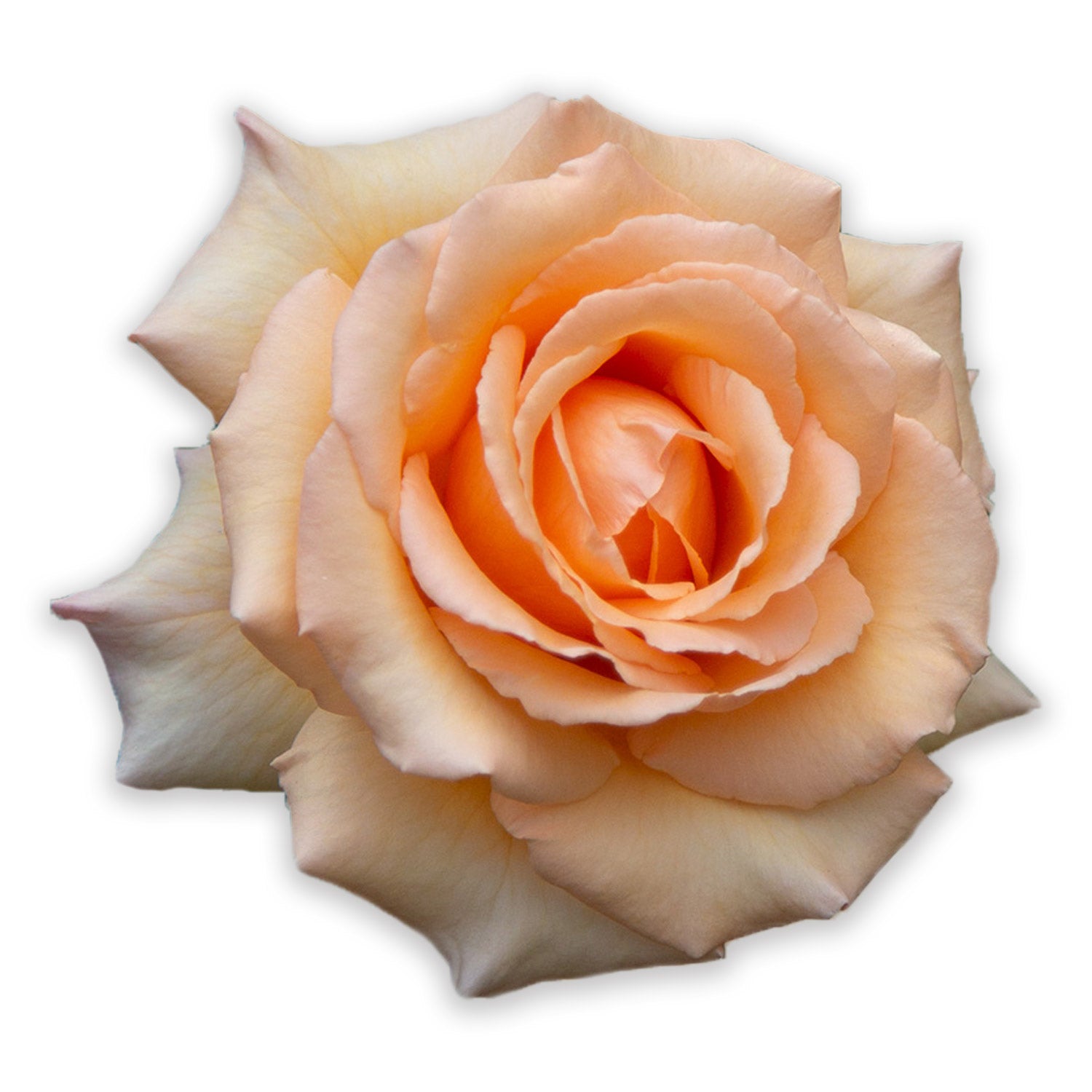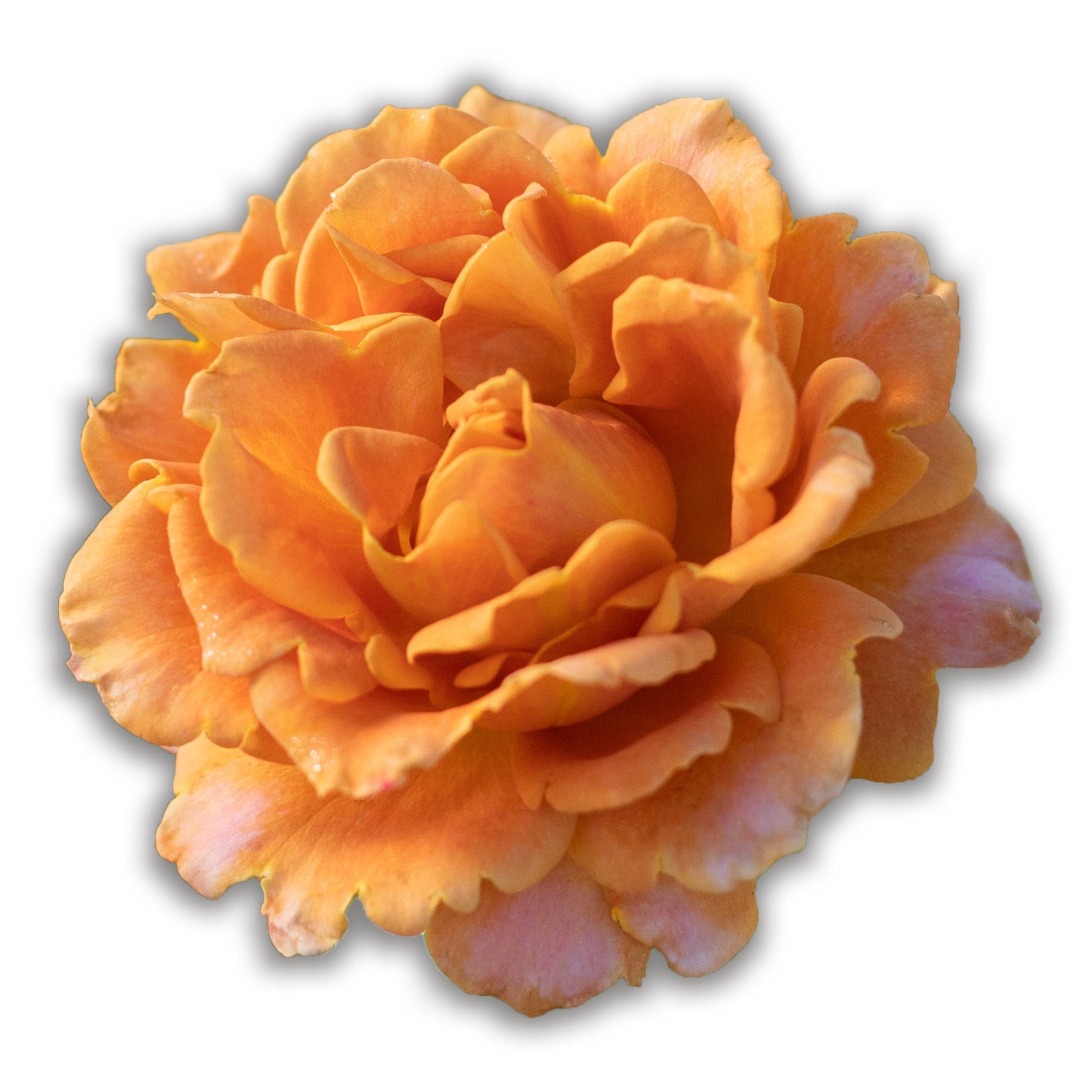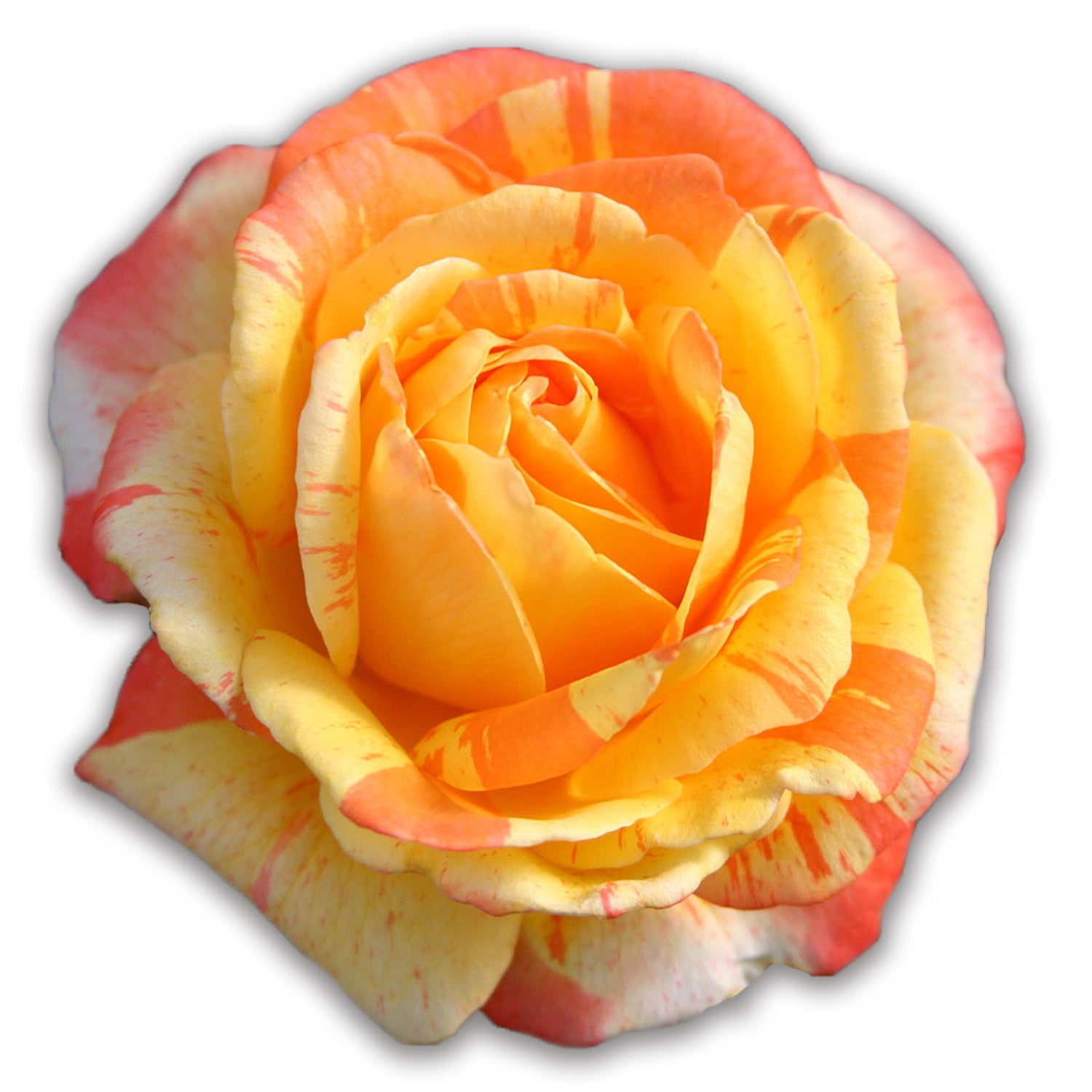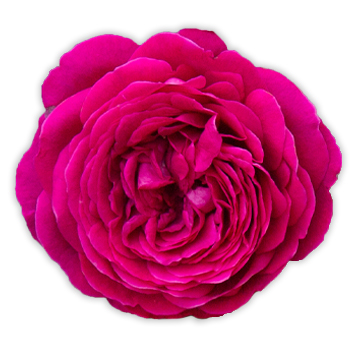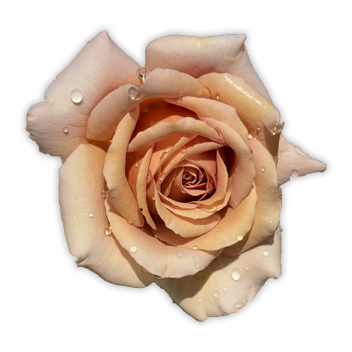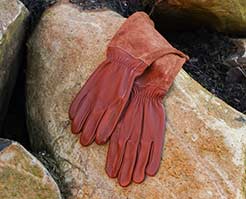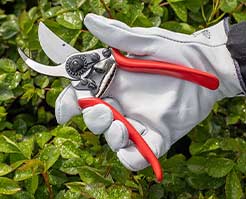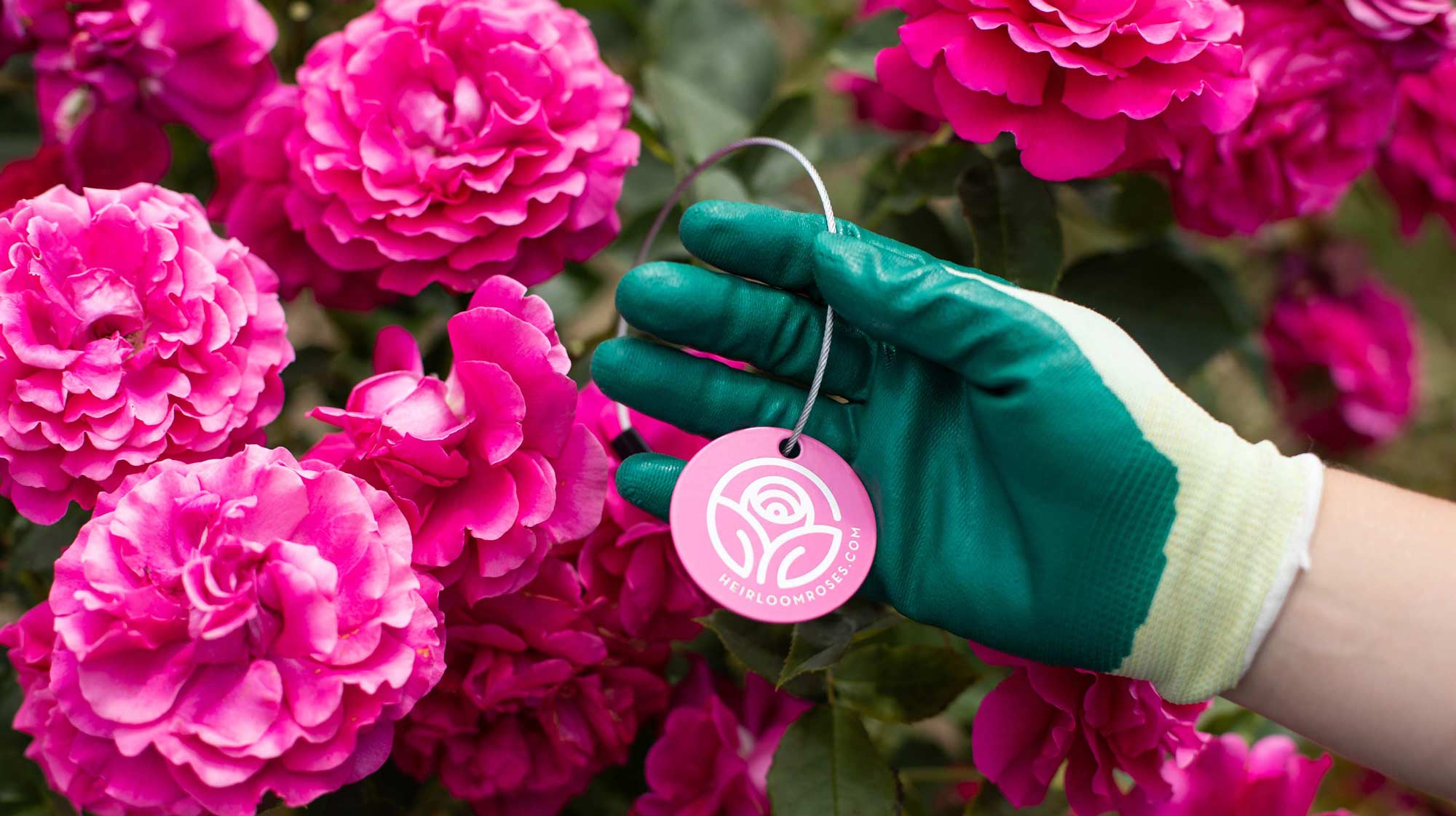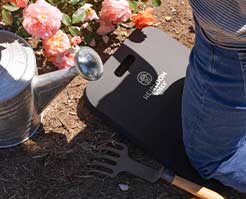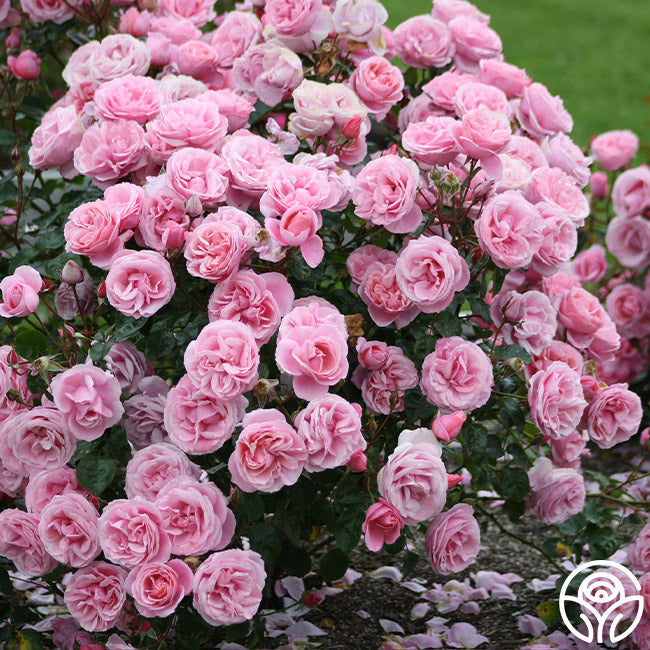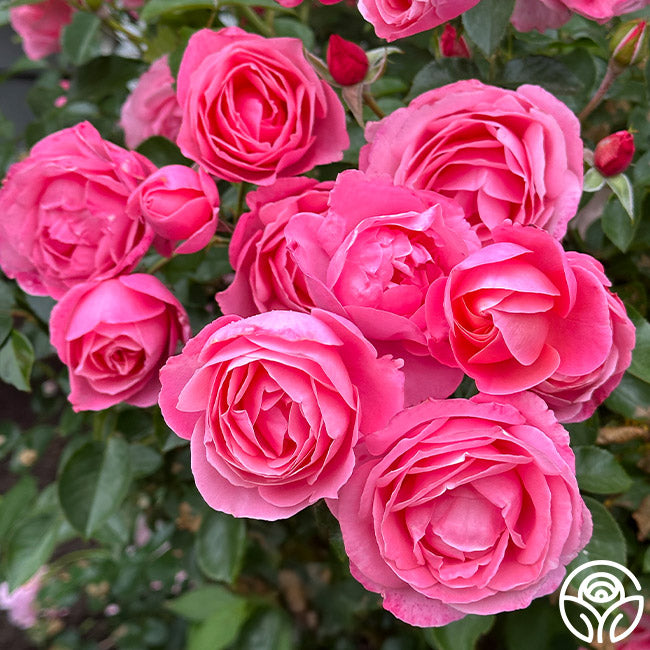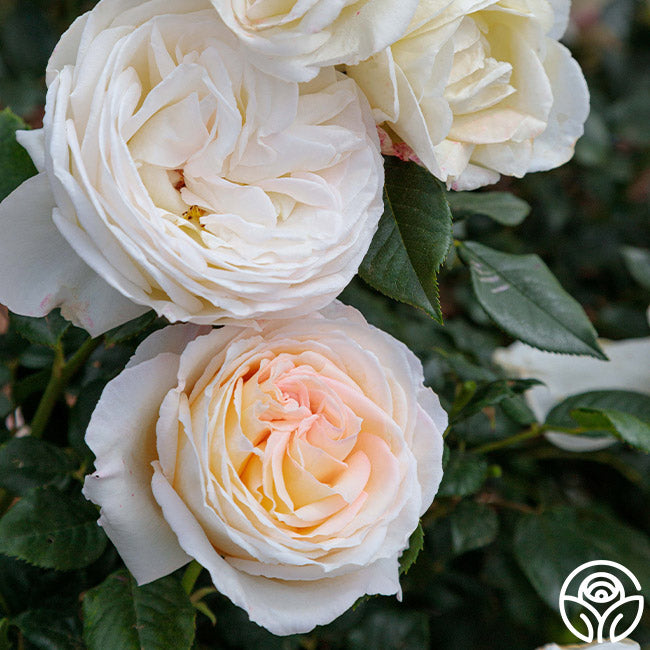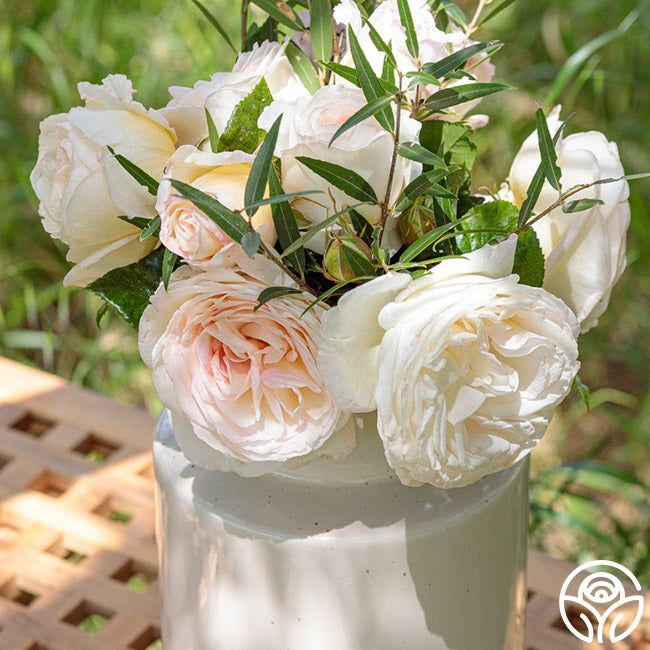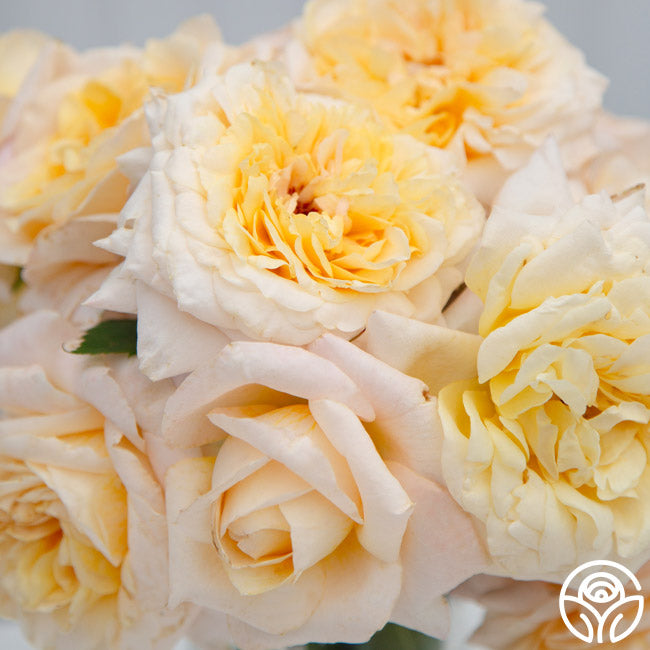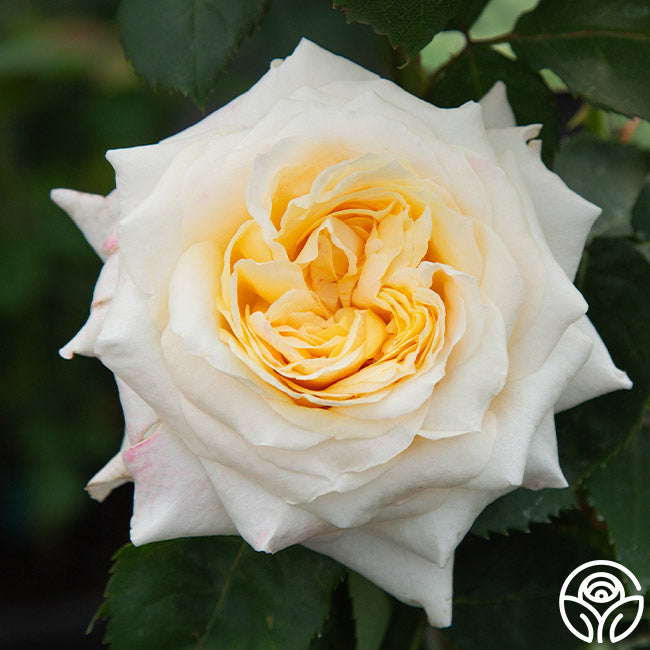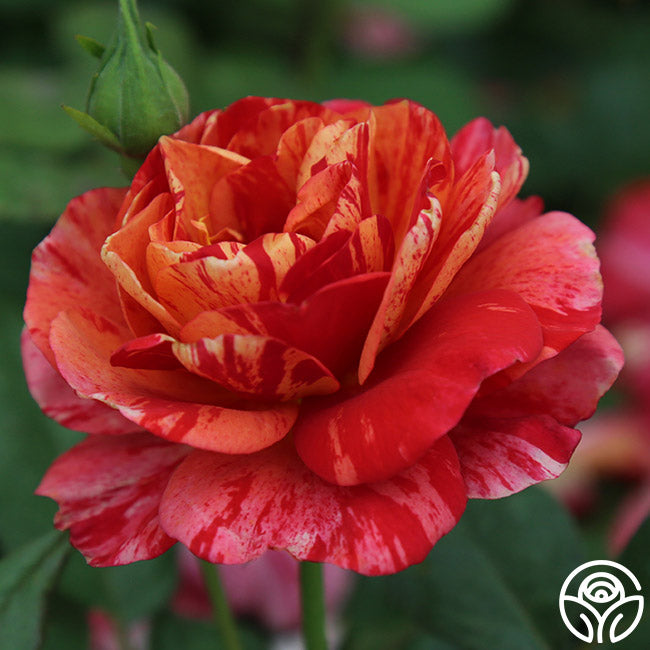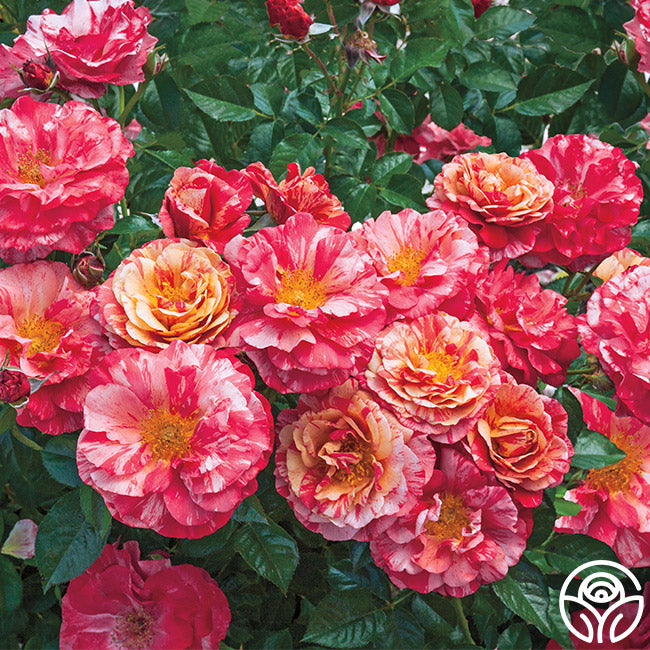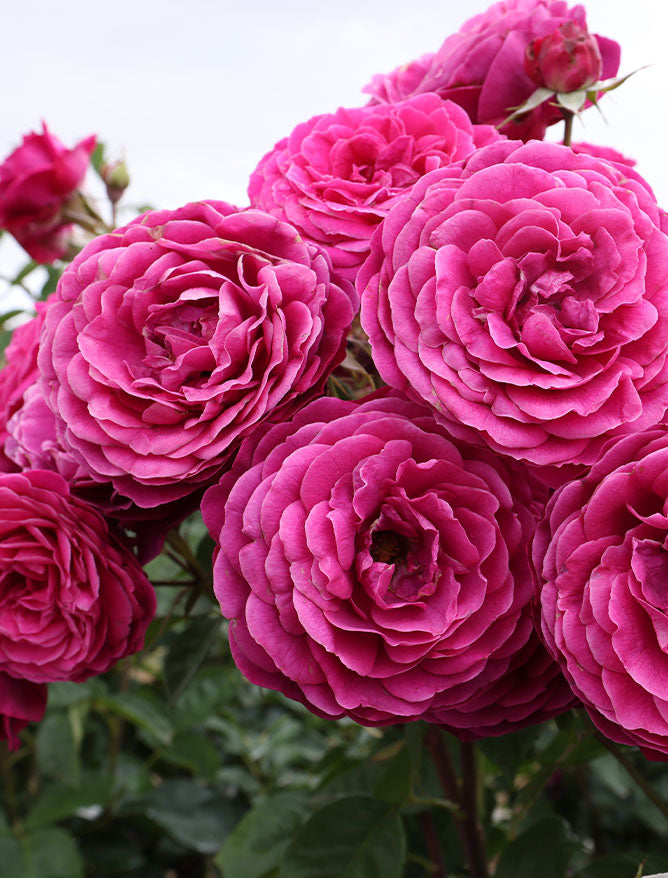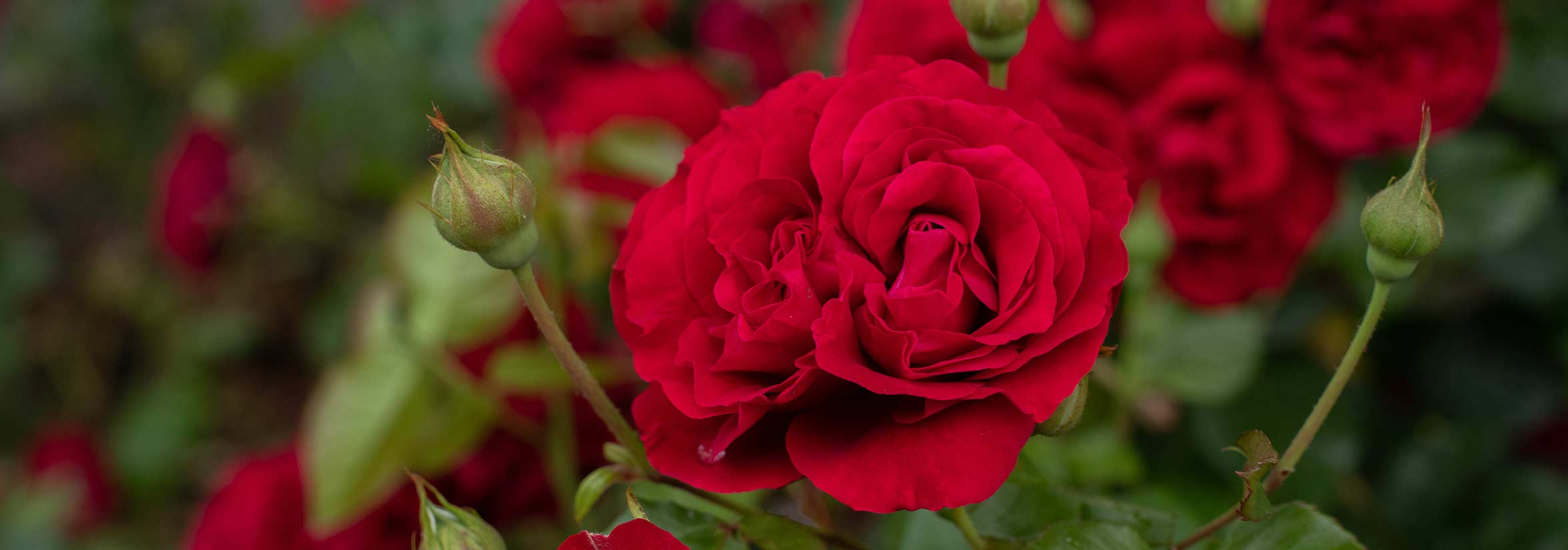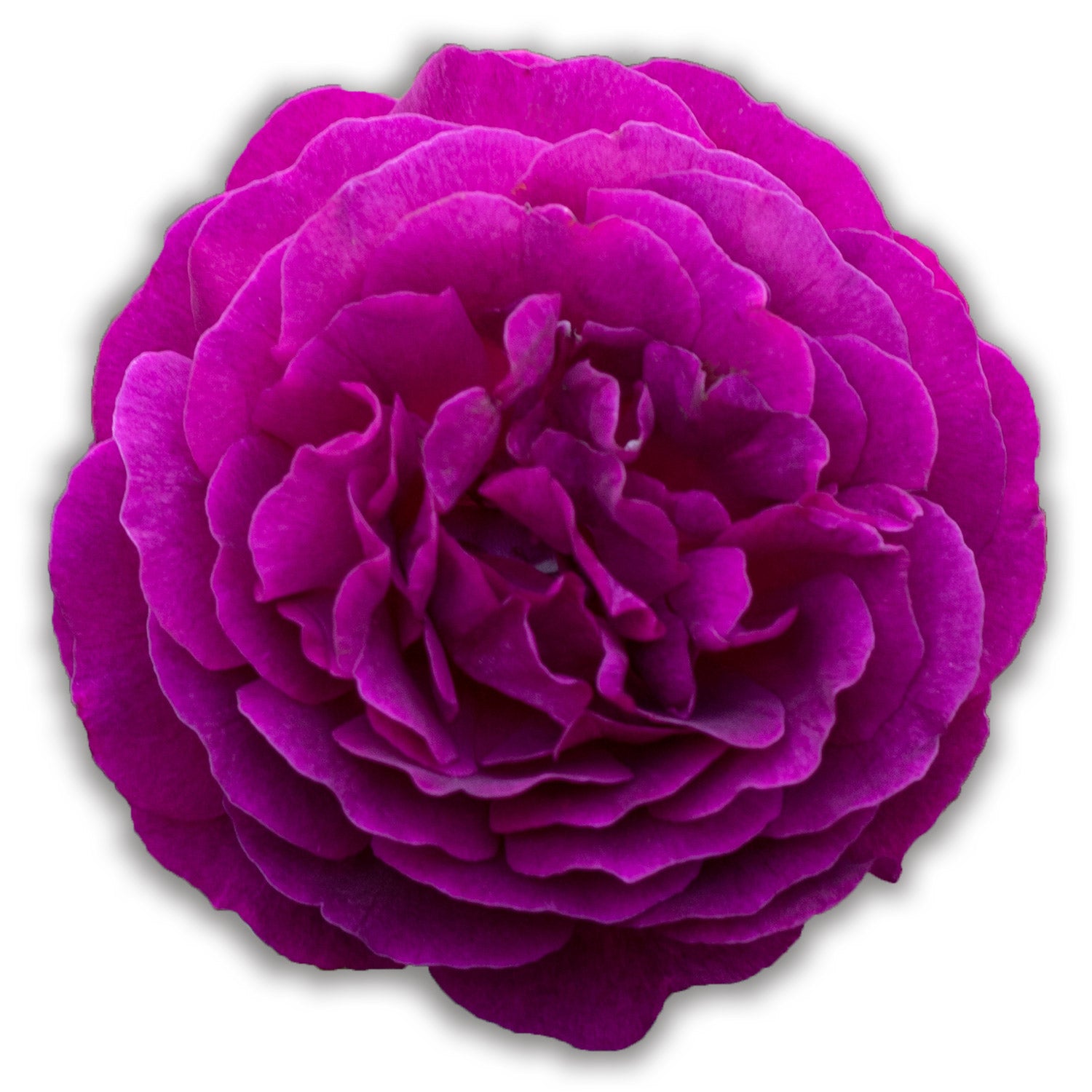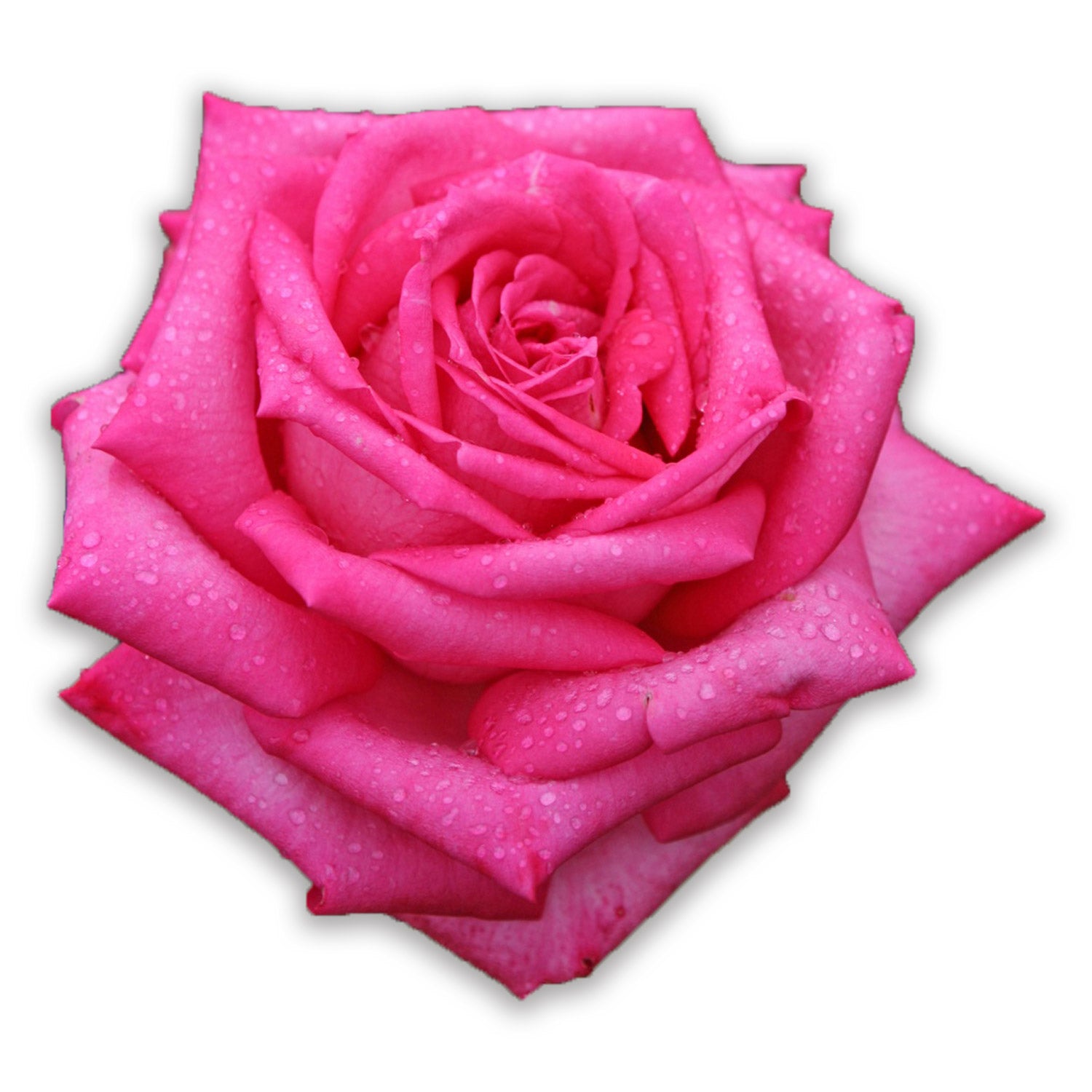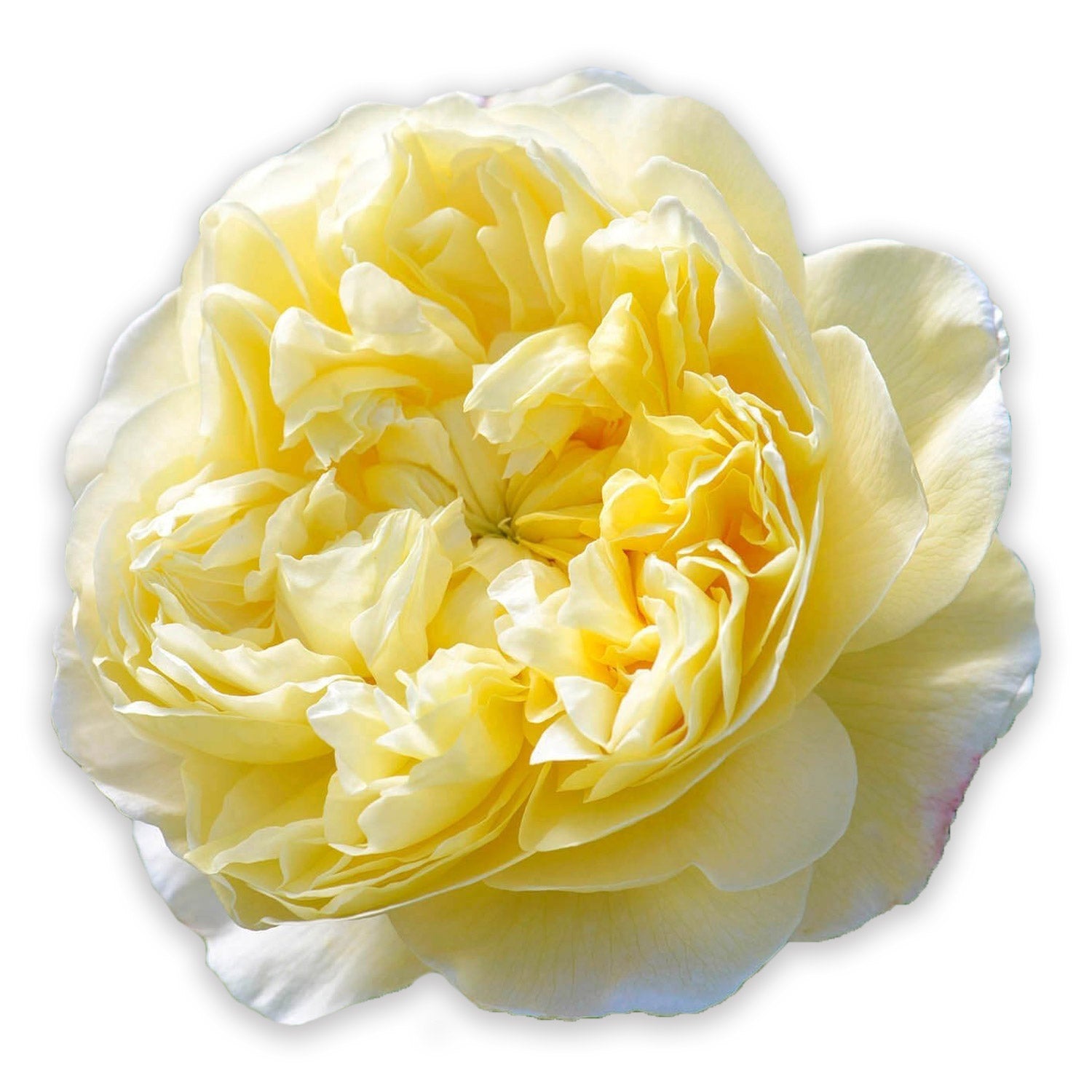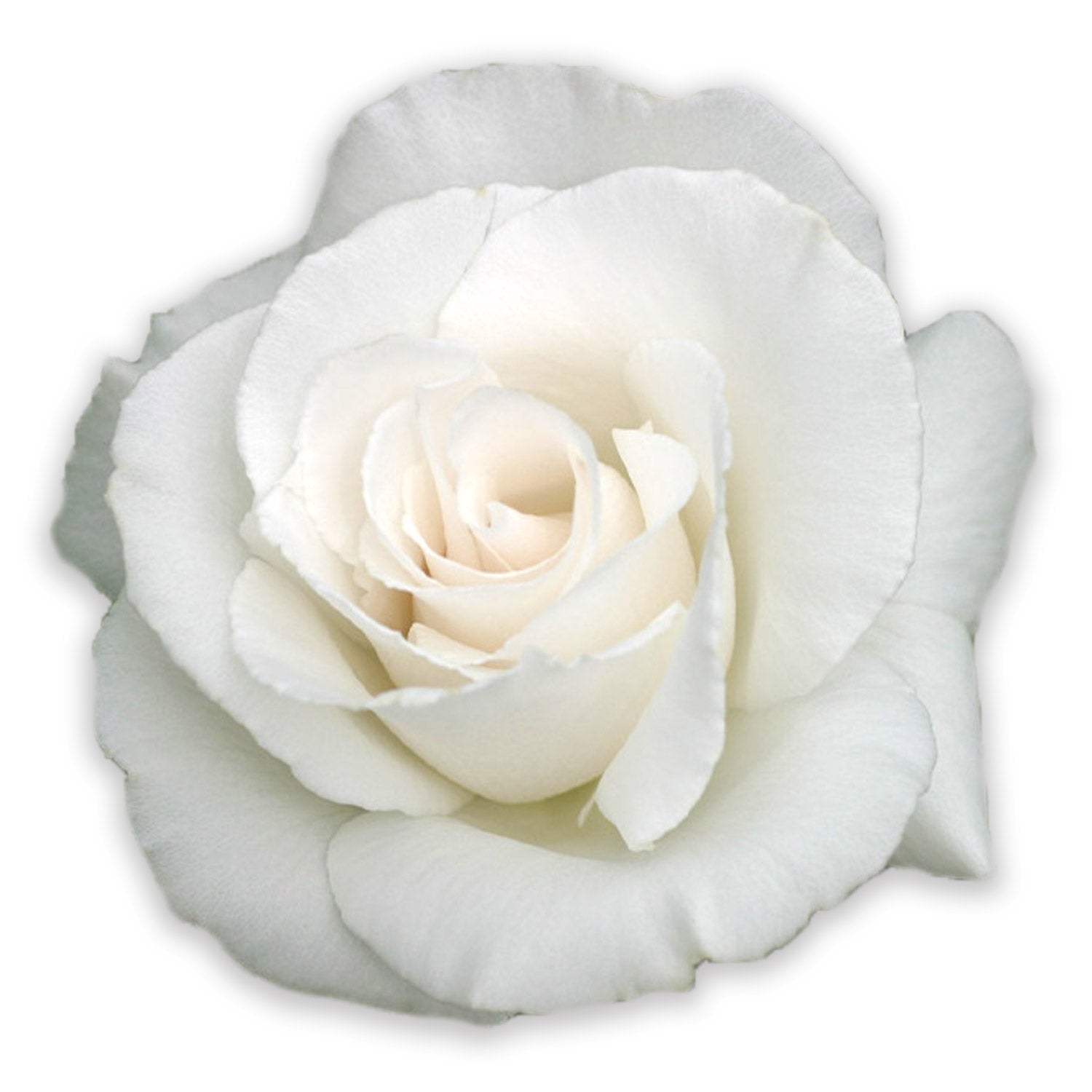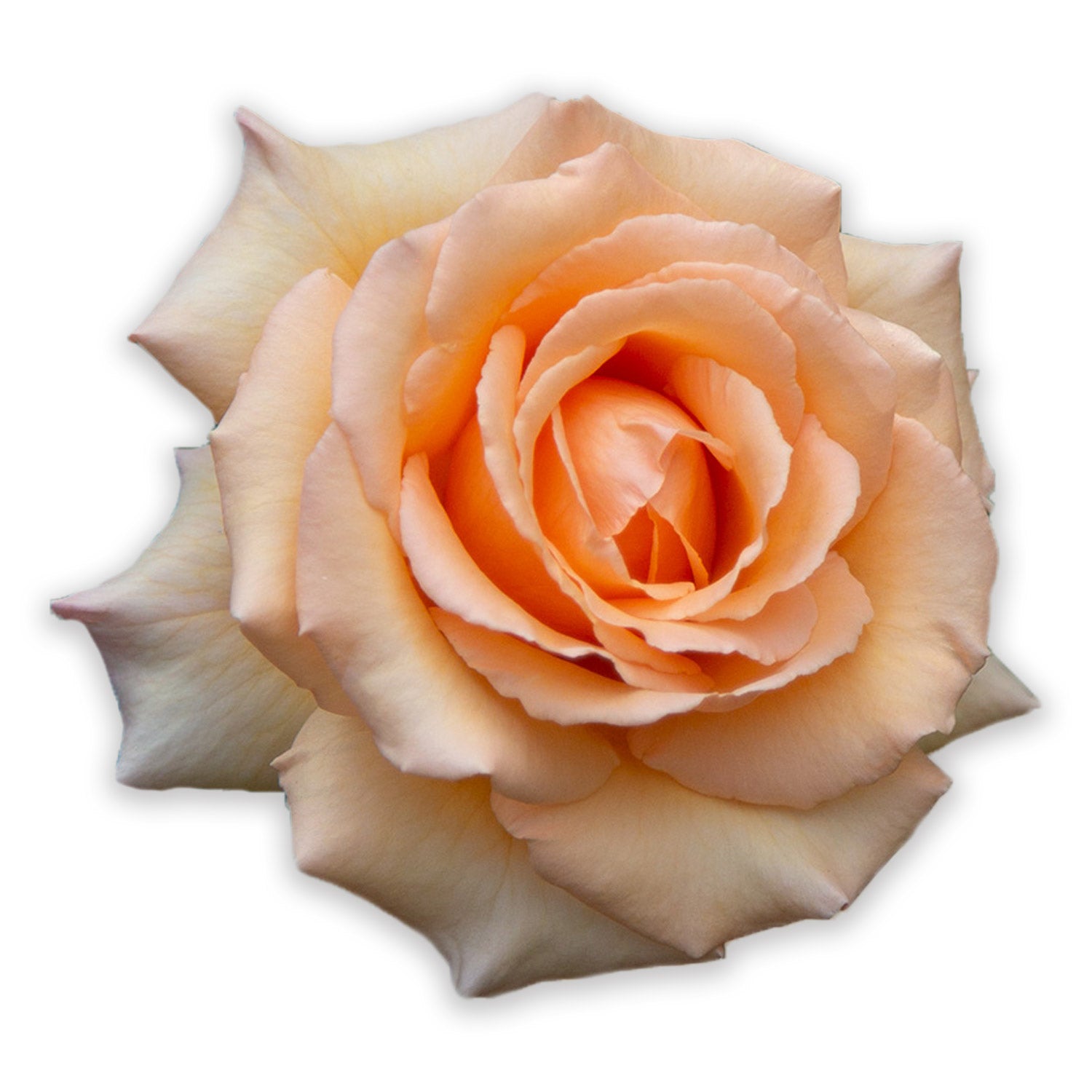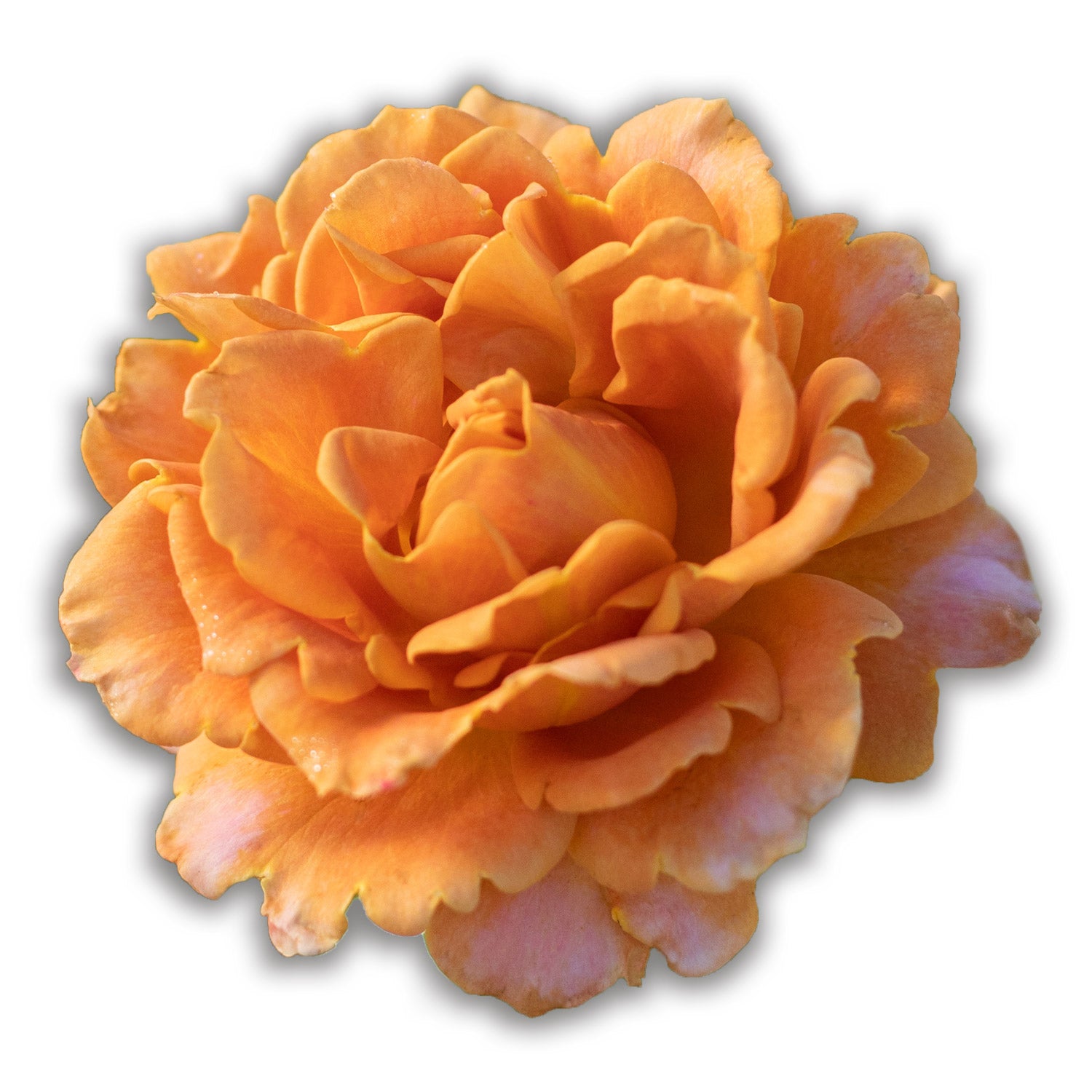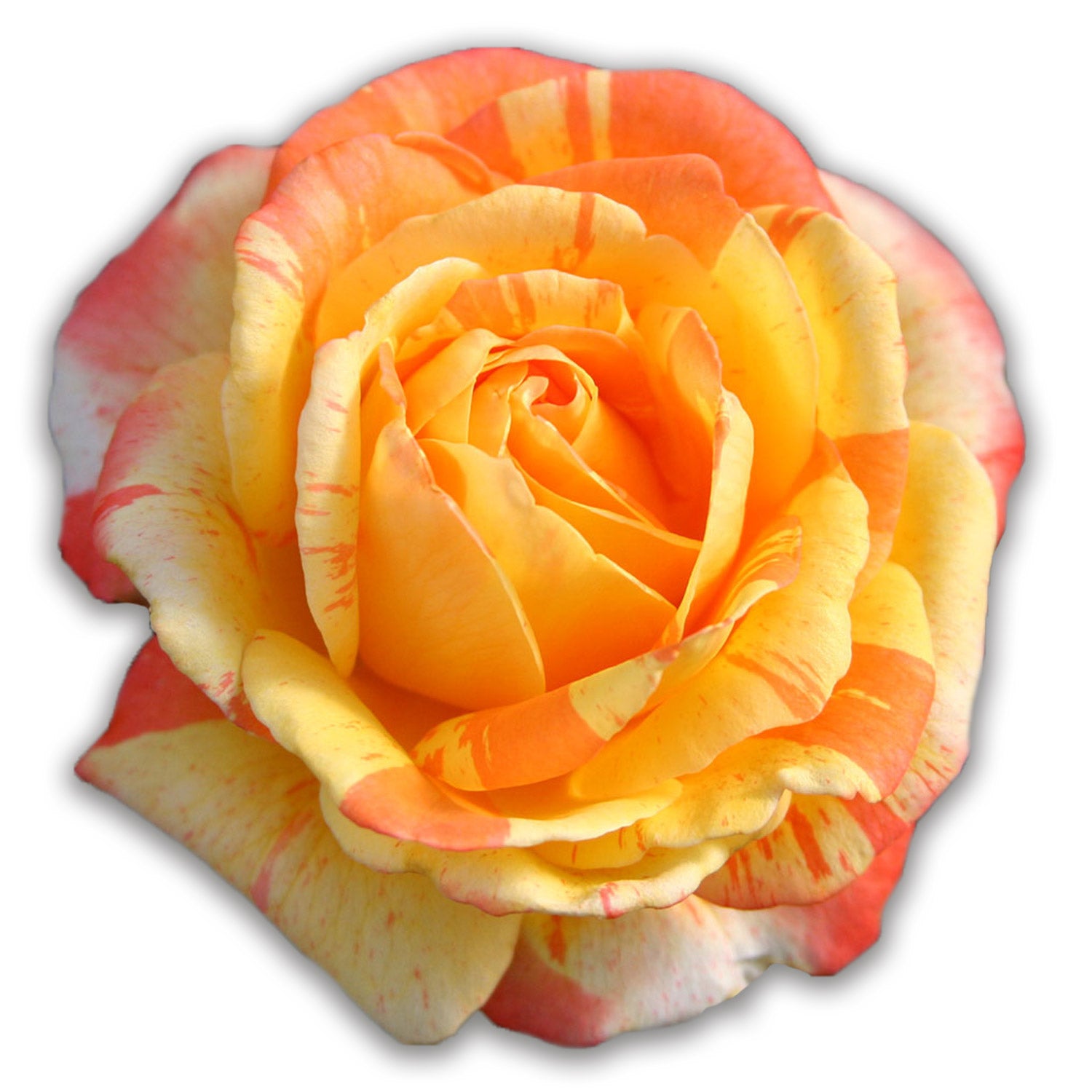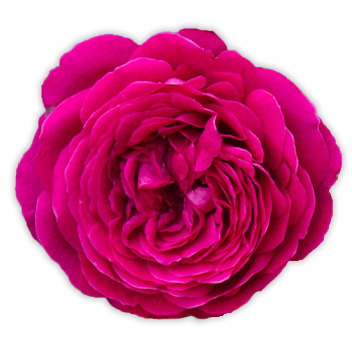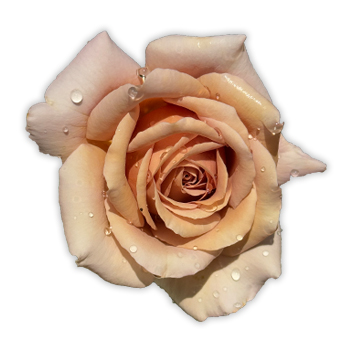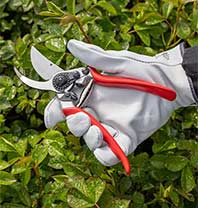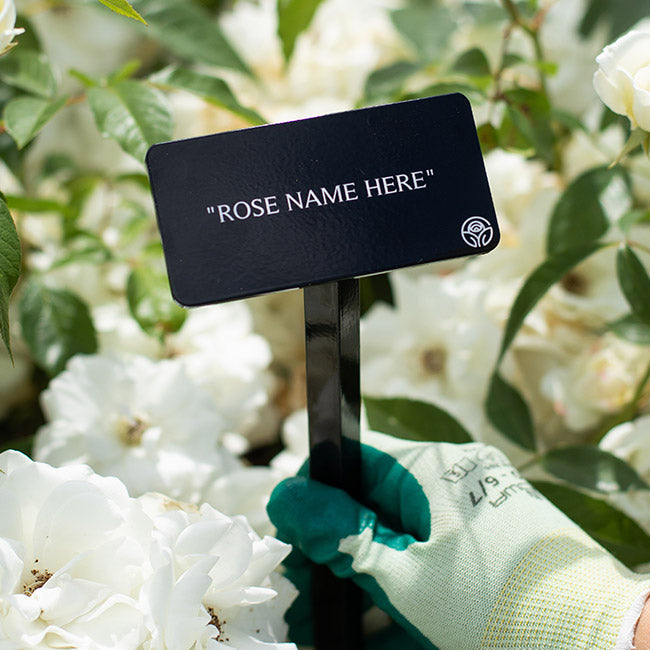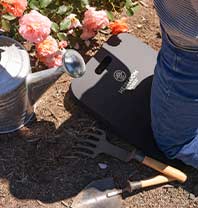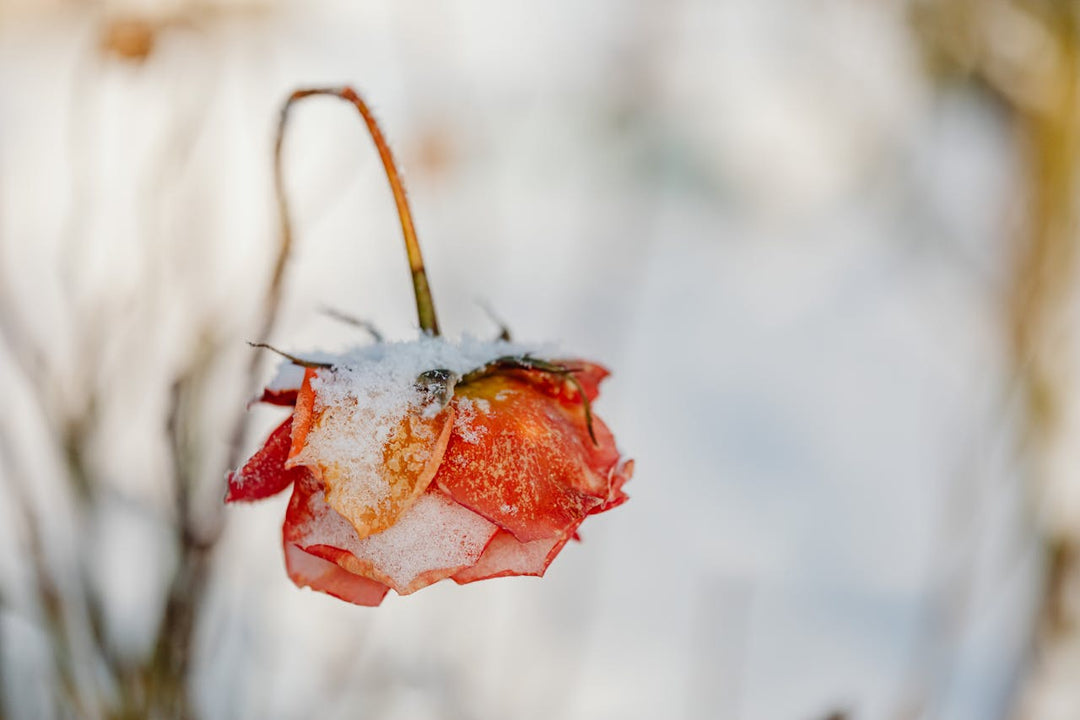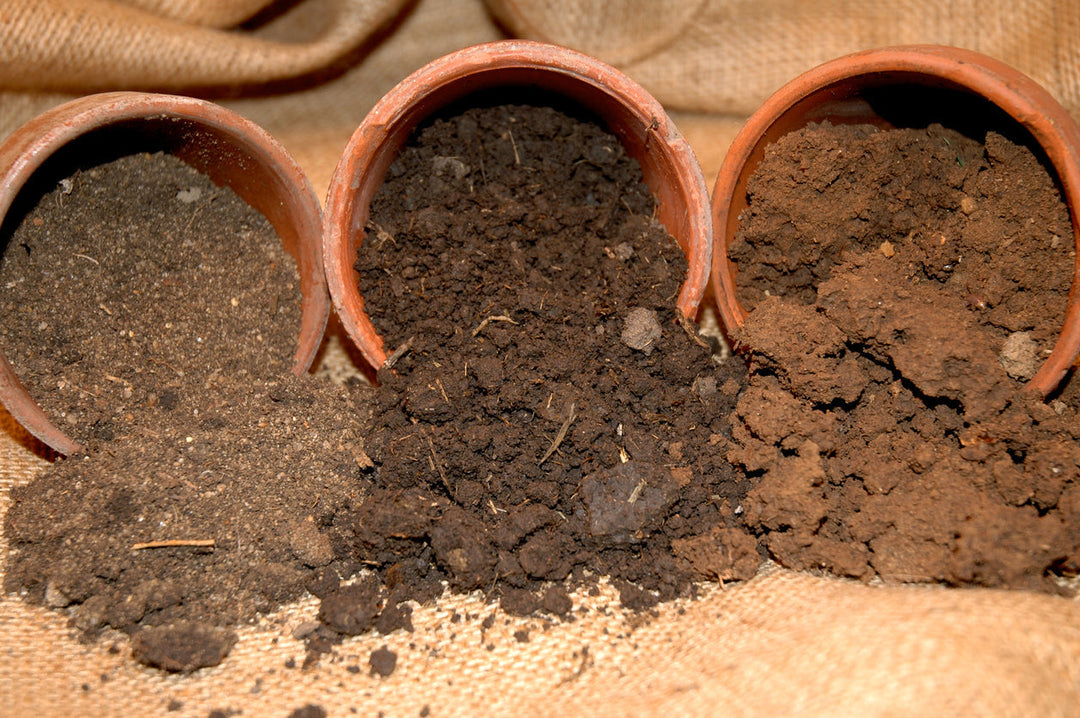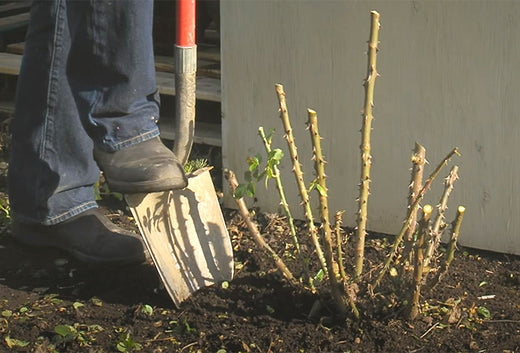Using Compost as Mulch in Your Garden
Using Compost as Mulch in Your Garden
Mulching is an easy way to improve your garden’s health. Compost, which is made from decomposed organic matter, works well as mulch because it enriches the soil, retains moisture, and suppresses weeds. Adding a layer of compost mulch to your garden can make a big difference in how your plants grow and thrive.
Benefits of Using Compost as Mulch
-
Improves Soil Structure: Compost helps loosen compacted soil, making it easier for roots to spread. It also helps sandy soils hold moisture.
-
Adds Nutrients: As compost decomposes, it slowly releases essential nutrients that support plant growth.
-
Retains Moisture: A compost mulch layer reduces water evaporation, meaning plants need less frequent watering.
-
Suppresses Weeds: Compost mulch blocks sunlight from reaching weed seeds, preventing them from sprouting.
-
Regulates Soil Temperature: It helps keep soil cool in the summer and warm in the winter, protecting plant roots from extreme temperatures.
When to Apply Compost Mulch
Spring and fall are the best times to apply compost mulch.
-
Spring mulching helps lock in moisture before the summer heat arrives. It also provides plants with a slow release of nutrients as they enter their active growing season. Mulching in spring can reduce the stress of summer drought and improve plant health throughout the season.
-
Fall mulching protects roots from cold temperatures and improves soil structure over winter. As the compost breaks down, it enriches the soil, making it ready for strong growth in the spring.
How to Apply Compost Mulch
-
Prepare the Area: Remove weeds and debris so the compost mulch makes direct contact with the soil.
-
Moisten the Soil: Water the area before mulching to help lock in moisture.
-
Spread the Compost: Apply a 1- to 3-inch layer around plants, keeping it a few inches away from stems to prevent rot.
Decomposition and Reapplication
Compost mulch naturally decomposes over time, improving the soil as it breaks down. Most compost mulches need to be refreshed once a year, either in spring or fall, depending on your garden’s needs.
Recommendation: Mint Compost
For an effective and natural mulch, use 100% Natural Mint Compost. This compost not only enhances soil structure and retains moisture but also naturally repels common pests like aphids and spider mites. Its rich humus content improves drainage in clay soils and moisture retention in sandy soils, making it a versatile choice for various garden conditions.
By using compost mulch at the right time, you’ll keep your garden healthier, weed-free, and more resilient throughout the year.


